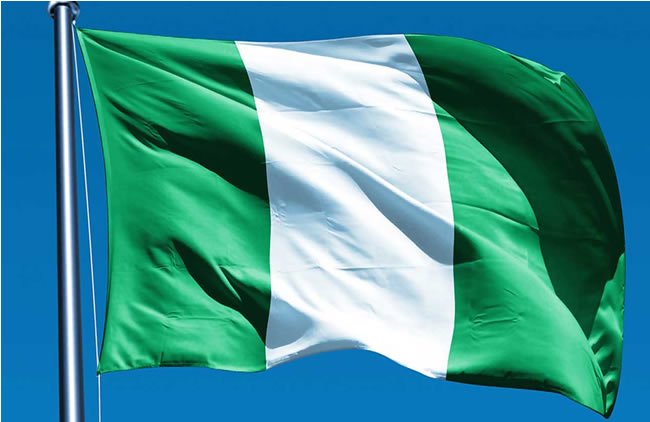Nigeria is intensifying efforts to reclaim its cultural identity through renewed investments in art, heritage, and local storytelling.
According to a statement, the push was part of a broader shift across the country to revive traditional practices, restore historical memory, and re-establish cultural autonomy.
Speaking on ‘Dreaming in Color’, a podcast by The Bridgespan Group, cultural strategist and founding director of the Institute of the Museum of West African Art, Ore Disu, said artistic heritage plays a key role in reshaping post-colonial narratives.
In Episode 6, Disu reflected on Nigeria’s resurgence as part of a broader continental movement, one that champions African stories told in African voices, honouring complexity over spectacle and legacy over loss.
“Art and material culture offer a way to erase colonial boundaries and place histories in relation to one another. A single bead shows us how trade and innovation thrived across West Africa long before European demarcation.
“This sense of reconnection is at the heart of a movement to revive and recontextualise cultural assets—not just through the repatriation of artefacts, but by rebuilding the ecosystems around them. Infrastructure, education, funding, and platforms for artists are essential to ensuring that creativity continues to flourish and evolve within context,” she said.
Dish added that Nigeria’s cultural resurgence is part of a wider continental movement aimed at strengthening identity, honouring memory, and promoting African-led storytelling.
“In Benin City, the Museum of West African Art is emerging as a major centre for this effort. Although located in Nigeria, the museum is designed as a regional institution focused on West African art and heritage.
“The museum trains young curators, supports traditional practices, and promotes dialogue between communities and international visitors. It also offers platforms for artists and cultural workers to engage with history in a way that connects the past with present-day realities,” the statement added.
According to Disu, the focus is shifting from repatriating looted artefacts to rebuilding the systems around them through infrastructure, funding, and education.
“The goal is not just to preserve objects, but to revive the ecosystems that give them meaning,” she said.
The statement added that MOWAA’s approach positions it as more than a collection space, functioning instead as a hub for cultural engagement and education.
“The ongoing revival comes amid growing calls for African nations to reclaim ownership of their histories and redefine the way they are represented in global cultural spaces,” she stated.





